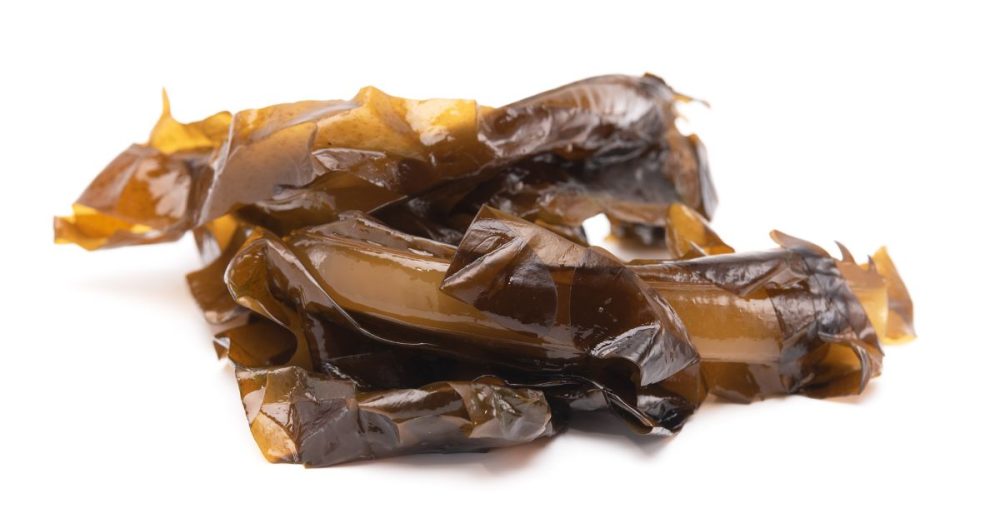Researchers say that there may be a way to prevent the second most common neurodegenerative disorder in the United States, second only to Alzheimer’s disease.
Parkinson’s disease affects nearly one million people in the U.S., and the number is expected to rise to 1.2 million by 2030. New cases in the U.S. each year total nearly 90,000, and more than 10 million people around the world are living with the disease.
The cause of Parkinson’s remains largely unknown, with some scientists theorizing that a combination of genetic and environmental factors is behind the illness.
According to research published in the British Journal of General Practice, the risk of developing Parkinson’s disease will increase in people with anxiety after the age of 50.
Medical News Today reports on a promising new study that found components of a type of seaweed may help prevent Parkinson’s disease. Here’s the start of the story:
A study published in Nutrients delved deeper into the neuroprotective properties of a common seaweed called Ecklonia cava and whether or not this seaweed could combat the development of Parkinson’s disease.
Parkinson’s disease is a neurological condition that leads to movement challenges and sometimes cognitive changes. There are many complexities behind how the condition develops and the underlying mechanisms involved.
The researchers found the seaweed to be quite effective in mouse models, and they also gained insight into the underlying mechanisms likely involved.
Researchers of the current study note that there are two main types of Parkinson’s disease. One is primarily related to genetics, while the other most likely has many risk factors contributing to it.
They note that exposure to certain neurotoxic substances is one environmental risk factor for Parkinson’s disease. One potentially dangerous substance is rotenone, a pesticide and insecticide. Rotenone leads to heightened levels of reactive oxygen species and, ultimately, cell death.


